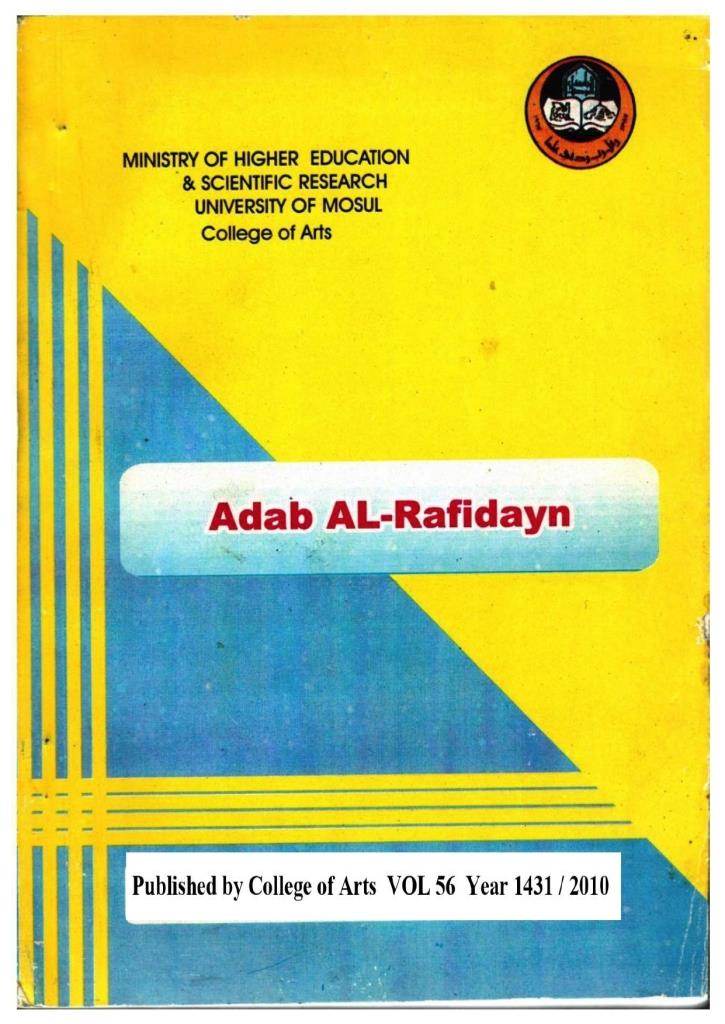Abstract
Learning, the conscious process of acquiring knowledge, is marked, in the main, by two main characteristics: the provision of positive feedback through the correction of errors, and handling language points one at a time (Johnson and Johnson, 1998: 4). As for the first characteristic, it should be noted that feedback has been the subject of a considerable amount of recent experimental research accompanied by a wide literature on the general topic of the concept. According to Dececco (1968: 253), most of the research on feedback highlights it as the domain of the knowledge of results which supposedly subsumes two meanings. First, simplification of learning as the learner is told of every step of the progress he is achieving. Second, ease of learning when the learner is told whether his response is correct or incorrect and, in the latter case, the information provided, mainly concerning the errors committed, is supposed to lead to correction.
Keywords
correction Evaluation performance
Abstract
تشکل التغذیة المرتدة (الاسترجاعیة) جزءاً لا یتجزأ من عملیة تطویر التدریس بشکل أساس ومن ثمّ تعلم المهارات المختلفة للغة الأجنبیة. وهی تلقی الضوء على فهم المدرس لما یجری فی الصف الدراسی من أحداث وتفسیر الإجراءات العلاجیة الواجب اتخاذها لتحسین عملیة التعلم. وعلیه، تمّ تحدید نوعین من التغذیة المرتدة: التغذیة المرتدة التعلیمیة التی تشیر إلى تعلیقات المدرس وملاحظاته بهدف تصحیح وتقویم أداء المتعلم، والتغذیة المرتدة التفاعلیة التی لا یقصد منها التصحیح أو التقویم وإنما تقویة الأداء اللغوی للمتعلم وتتضمن عبارات الموافقة وعدم الموافقة والثناء. ولتحقیق کلا النوعین من التغذیة المرتدة، یتم الترکیز على تصحیح الأخطاء کإستراتیجیة رئیسة فی تدریس اللغات الأجنبیة تمکن القائمین بالتدریس على تحفیز المتعلمین بشکل أحسن للانهماک فی تعلّم اللغة الجدیدة وتدبیر وتنفیذ مهامها ومهاراتها المختلفة.
Keywords
تصحیح تقویم أداء
